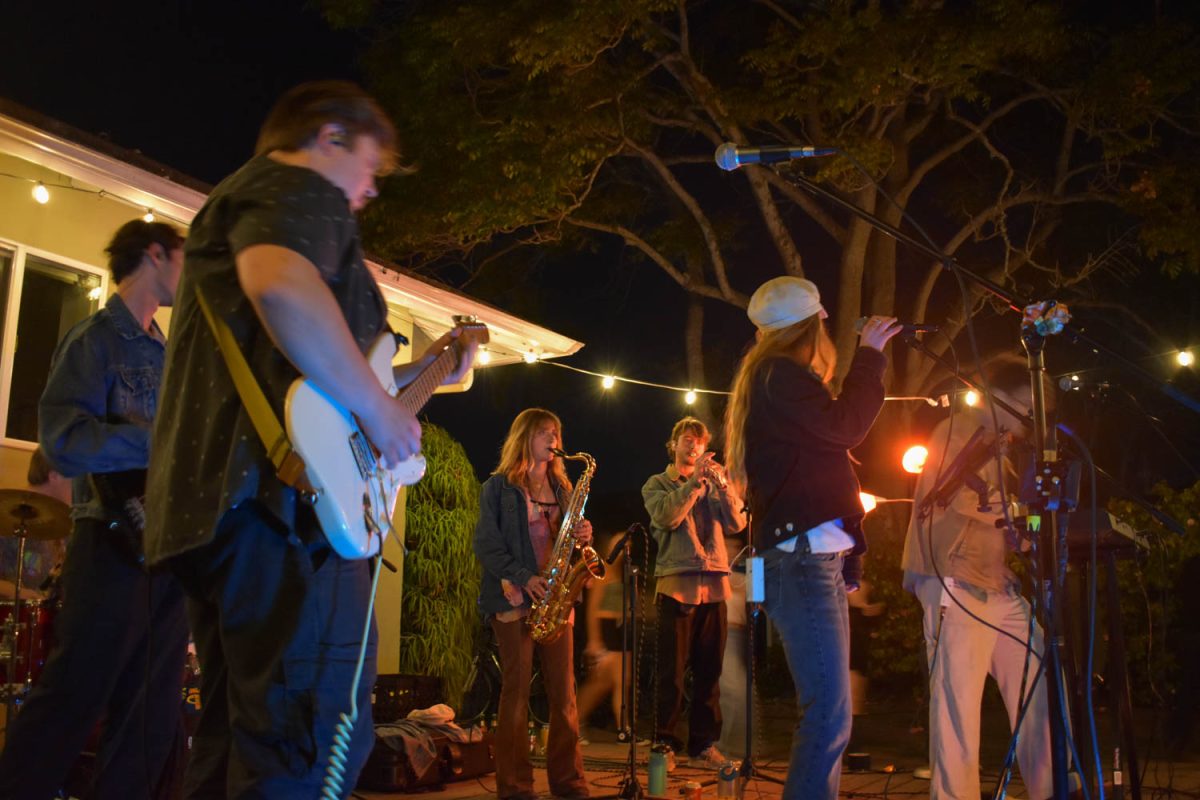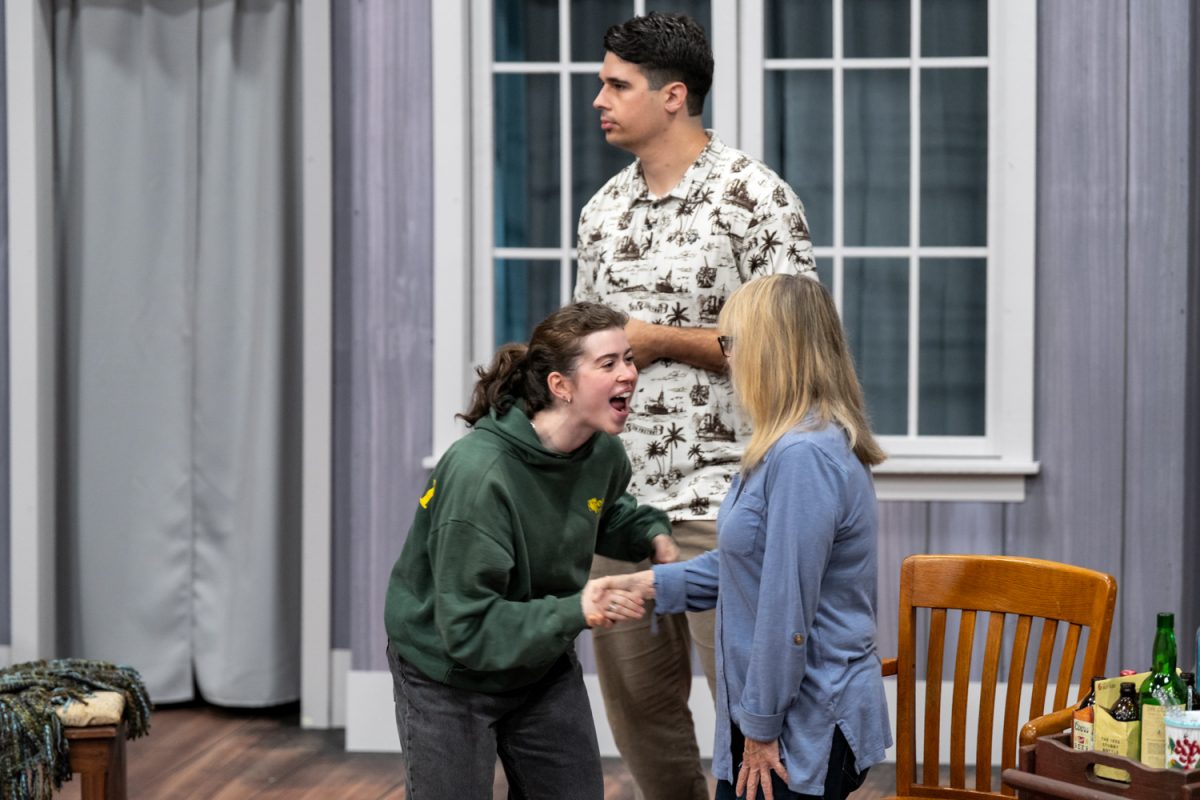The College Planning Council agreed to take action Tuesday on the college’s ongoing racism discussions by forming a task force.
The council explored plans for the task force that could be implemented in different ways towards the racism on campus. While there is no concrete plan for the task force yet, the council voted to assemble a committee that will work towards a more definitive proposal by the next council meeting.
Some of the hopes for the task force include conflict resolution, facilitation for challenging conversations, and better communication with students and those who are not in positions of authority on campus.
The council opened their meeting by discussing some of the anti-racism training sessions that have taken place, but some council members said they wanted to have a more in-depth conversation about how to address the various issues that arose the past few months. This led to the motion to create a task force.
“I feel like we need to have a much more robust conversation at this table about very transparent steps that we need on this campus,” said Gwyer Schuyler, a representative for the Academic Senate. “We need leadership.”
This steered the discussion in the direction of the preliminary ideas for this task force, and also brought up demands for guidance from those in higher positions.
“You are the President of the college,” Schuyler said to Superintendent-President Anthony Beebe. “You and Pamela [Ralston], executive VP, you are in leadership positions, and we are all working our hardest with a really challenging problem, but we all need leadership at the highest level of the administration. I want to make sure that that’s built in, that any action plan, any task force… we look to you for leadership.”
Ralston, executive vice president of educational programs, replied by expressing her willingness to take charge on forming the task force under Beebe’s instruction, although Beebe’s immediate response was that he “took offense” to Schuyler’s request for more leadership.
Patricia Stark, president of the Academic Senate, offered to delegate members of the senate to take on leadership positions, and members of other groups agreed to do the same.
Additionally, there was discussion about bringing in leaders from other groups to speak to this idea. This included the director of equity, as well as some of the 30 people going through Crossroads anti-racism training. The anti-racism training is one of the actions the administration has taken to address some of the issues.
“We can’t have anti-racism training if we haven’t built relationships and trust with everybody,” said Monalisa Hasson, vice president of human resources. “That’s a huge undertaking, because a large part of that is not fast work, it’s very thoughtful work, and we need to listen.”
Beebe suggested he and Ralston work together to form a more definitive plan of action in time for the next meeting. It was decided there would be a group that would work on the framework for the task force, and the council would look at this proposed outline in the next meeting.
As for a timeframe for the implementation of this force, the council is looking towards the next couple of months.
“A really significant, tight timeline would help us right now,” Ralston said. “You probably could get this done in two months… You can have component parts of this that roll out. This is a long term project, we’re not going to solve racism by May, but you can put together pieces of this to make it happen.”
The council will further discuss this task force at their Feb. 19 meeting.










![Milton Alejandro Lopez Plascencia holds a flag showcasing the United States and Mexico on Feb. 7 in Santa Barbara, Calif. “It’s heartbreaking to see what is happening all across the country,” Lopez Plascencia said. “I [want] my voice to be heard by the community.”](https://www.thechannels.org/wp-content/uploads/2025/05/MGSImmigration-1-1200x800.jpg)




